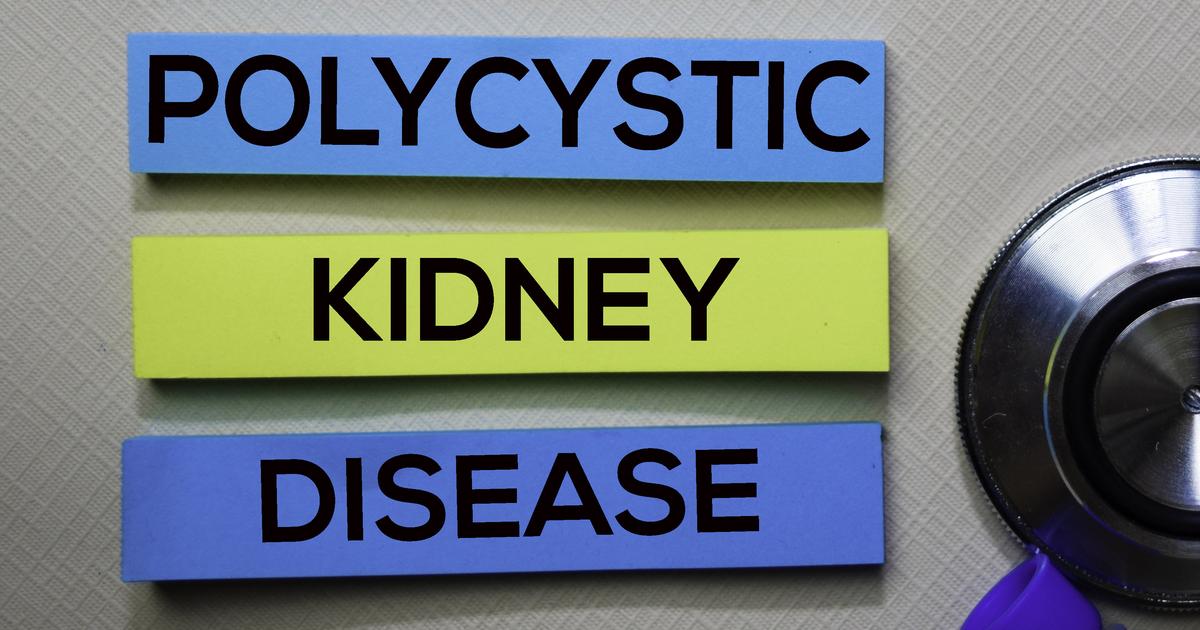What Causes Kidney Pain?
Polycystic Kidney Disease

Polycystic kidney disease is characterized by the development of multiple fluid-filled sacs or cysts in an affected individual's kidneys. The cyst growth is so extensive that it is the fourth leading cause of kidney failure in the United States. Symptoms that occur in polycystic kidney disease patients include pain in the back, pain in the side, frequent urinary tract infections, increase in abdominal size, high blood pressure, floppy heart valve, and blood in the urine. Kidney ultrasonography, CT scans, MRIs, and genetic testing may be used to isolate polycystic disease as the cause of an individual's kidney pain. Treatment for the symptoms of polycystic kidney disease includes careful blood pressure management, swift treatment of urinary tract infections, increased fluid consumption, pain medications, cessation of smoking, regular exercise, reduced salt intake, management of a healthy weight, and avoidance of caffeine.